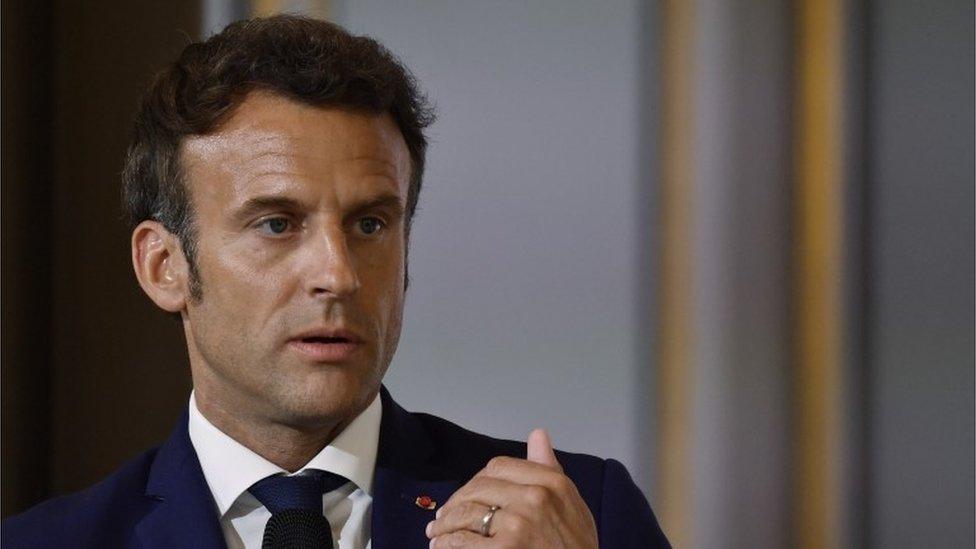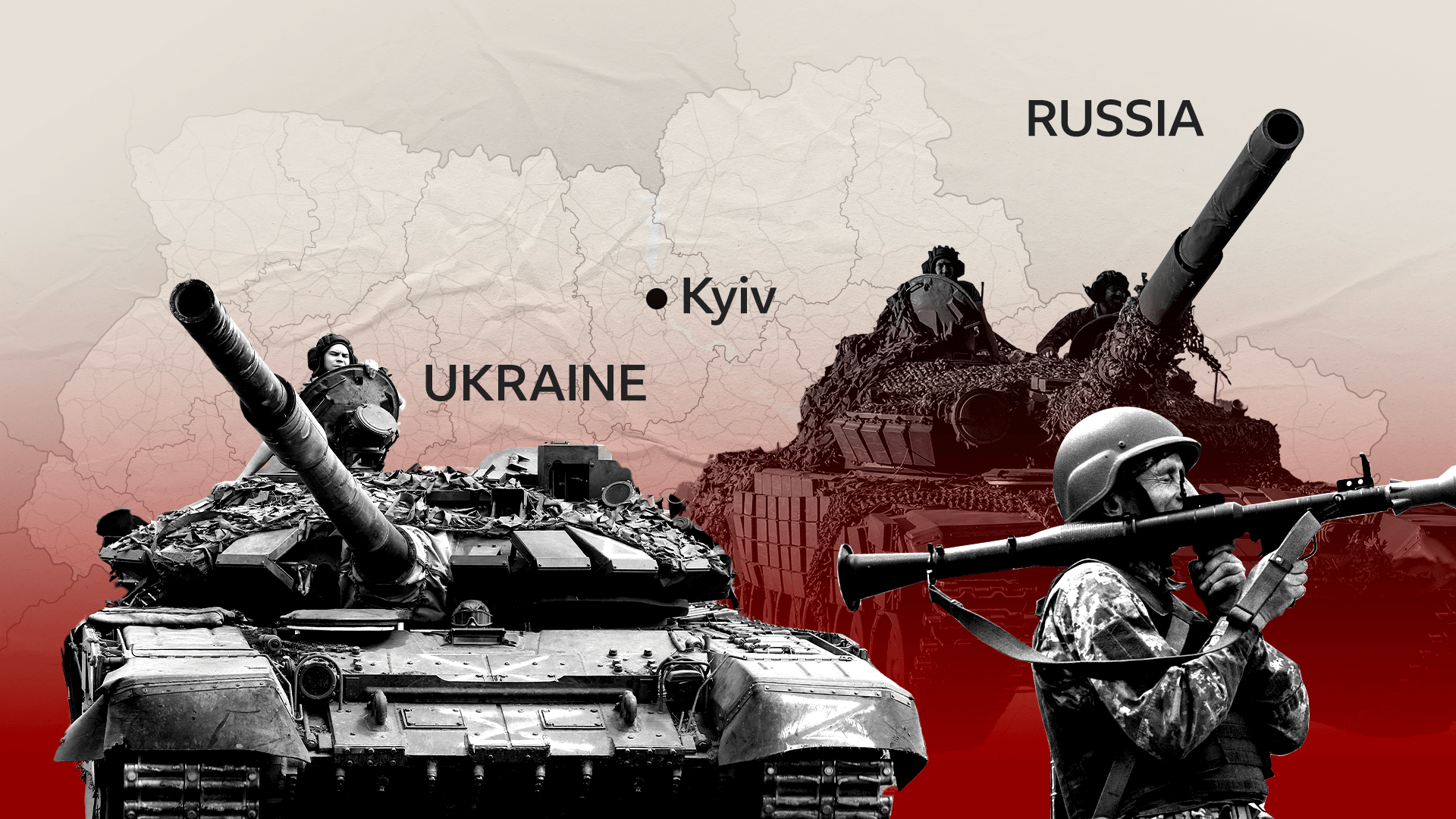Putin and Peter the Great: Russian leader likens himself to 18th Century tsar
- Published
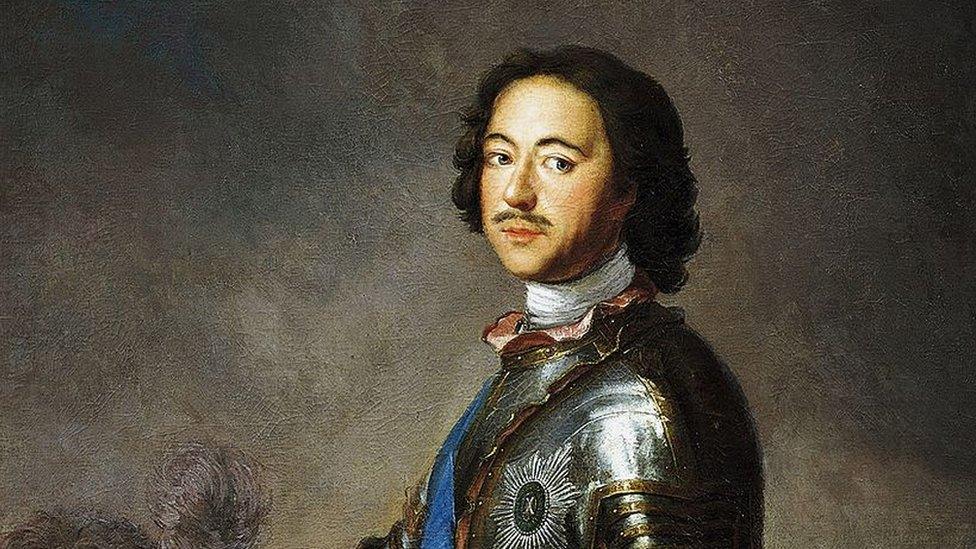
Russia's President Vladimir Putin has openly compared himself to Peter the Great
Vladimir Putin's admiration for Peter the Great is well known but he now seems to have ideas of "Great"-ness himself.
He has openly compared himself to the Russian tsar, equating Russia's invasion of Ukraine today with Peter's expansionist wars some three centuries ago, and making his strongest acknowledgment yet that his own war is a land grab.
Mr Putin's apparent empire-building ambitions bode ill for Ukraine and have irked other neighbours, including Estonia, which called his comments "completely unacceptable."
Russia's president was meeting young scientists and entrepreneurs when he made the remarks. Before talking IT and tech development he talked politics and power: the new battle he sees for geopolitical dominance. In that, he told his select audience that Peter the Great was a role model.
"You might think he was fighting with Sweden, seizing their lands," Mr Putin said, referring to the Northern Wars which Peter launched at the turn of the 18th Century as he forged a new Russian Empire.
"But he seized nothing; he reclaimed it!" he said, arguing that Slavs had lived in the area for centuries.
"It seems it has fallen to us, too, to reclaim and strengthen," Mr Putin concluded, with a near-smirk that left no doubt he was referring to Ukraine and his aims there.
Peter's rule, he suggested, was proof that expanding Russia had strengthened it.
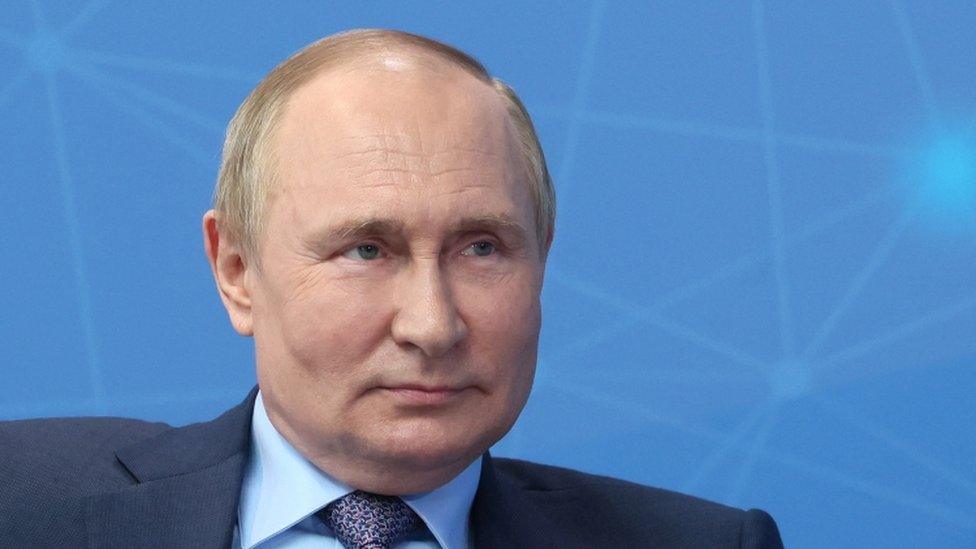
Putin spoke of Peter the Great as a role model during the meeting
Mr Putin has taken to citing Russia's past a lot lately, always carefully curated to suit his present-day cause. Several months before he attacked Ukraine, he produced a giant essay in which he essentially argued away the country's historical right to exist.
When Russia invaded its neighbour on 24 February, Putin falsely claimed it was a "special operation" limited to the eastern Donbas region to "de-Nazify" Ukraine and reduce the supposed threat to Russia.
But even as he was uttering those words, his troops were moving on Kyiv and bombing land even further west. More than 100 days later, a fifth of Ukrainian territory is under Russian military control, with puppet administrations who talk of referenda on joining Russia.
And now Putin feels bold enough to admit that his "operation" is in fact an occupation.
He also seems to believe the West will ultimately accept the reality his troops are fighting to create on the ground.
At the time, "not one European country" recognised Russia's claim to the land where Peter created St Petersburg as Russia's bold new capital, Mr Putin said. Now they all do.
His comments have also rattled the Baltic countries. The Estonian foreign ministry summoned the Russian ambassador to condemn his reference to Peter the Great's assault on Narva, now in Estonia, as Russia "reclaiming and strengthening" its territory.
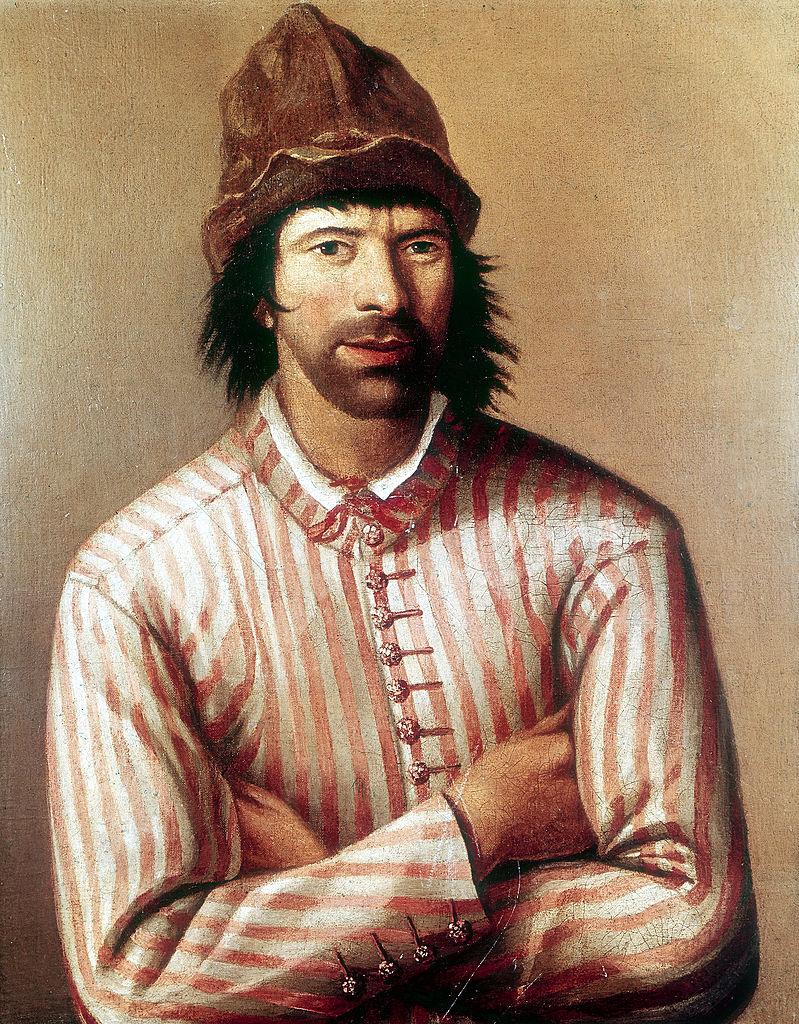
Peter travelled incognito through Europe to get inspiration for modernising Russia

Putin's use of history is selective.
Peter the Great, though a ruthless autocrat, was a huge admirer of Western ideas, science and culture, famously building St Petersburg as a "window on Europe" and travelling that continent thirsty for knowledge to help drag Russia towards modernity.
Putin's increasingly repressive rule slowly closed that window on the West; the war on Ukraine has slammed it shut. The idea of the Russian leader touring Holland or Greenwich in search of ideas and inspiration, as the Tsar once did, now seems impossible.
As Putin lectured the young entrepreneurs on an 18th Century tsar, a series of words flashed up behind them: 'future', 'confident', 'victory'.
Russia is determined to project defiance in the face of Western condemnation and sanctions and Putin himself certainly appeared relaxed rather than beleaguered.
But perhaps there is another lesson from the history books.
Peter the Great did eventually conquer land from the Baltics to the Black Sea. But Russia was fighting its Great Northern War for 21 years.

War in Ukraine: More coverage
WHAT NEXT?: Five ways Russia’s war in Ukraine may play out
SOLDIERS: Wounded but eager to fight
READ MORE: Full coverage of the crisis, external

Related topics
- Published9 June 2022
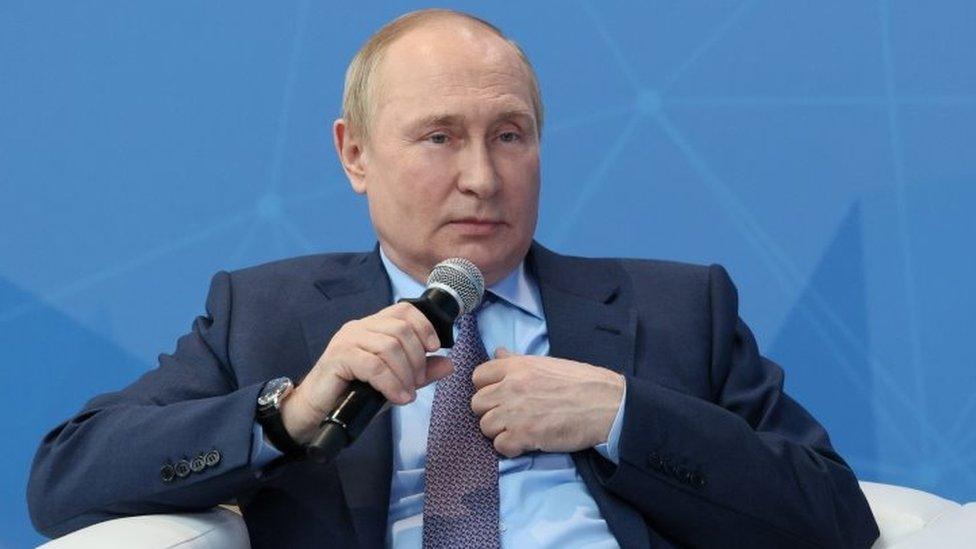
- Published6 June 2022
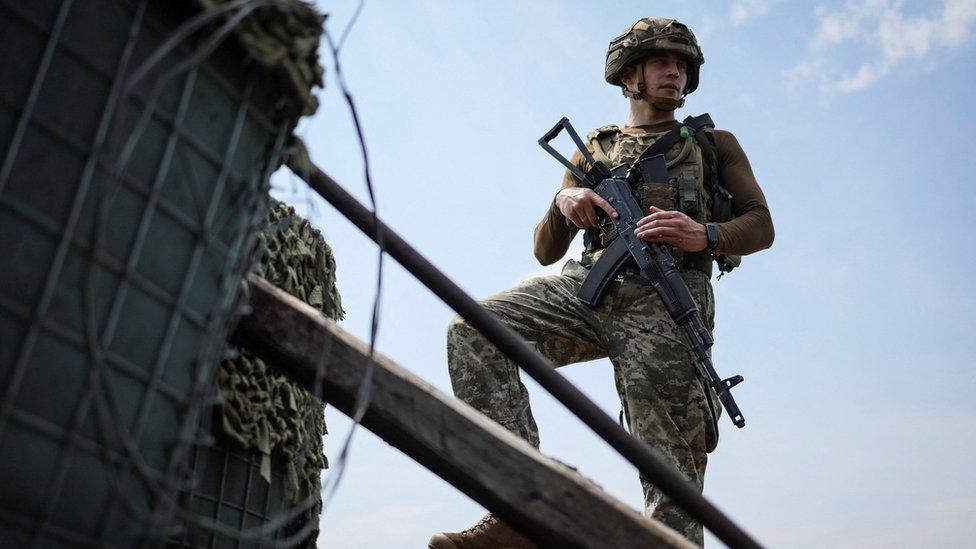
- Published4 June 2022
